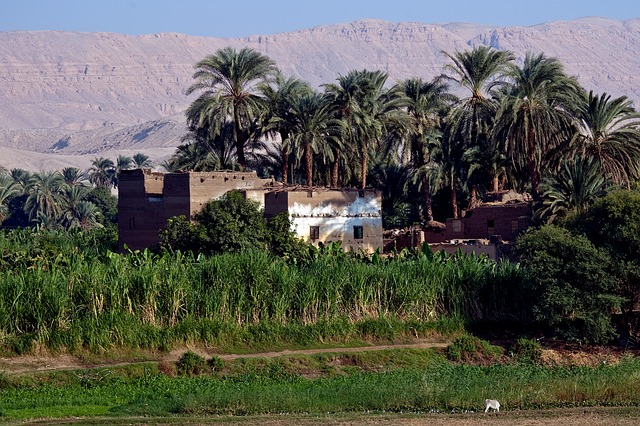Saline water an environmental necessity to overcome desertification
- January 2, 2019
- Posted by: administrator
- Category: Agriculture, Environmental, Asia

The Abu Dhabi Farmers’ Service Centre, ADFSC, and the International Centre for Biosaline Agriculture, ICBA, have agreed to promote cooperation on projects aimed at improving the productivity of palm trees, vegetables and fodder crops being grown in highly saline soils, and to study saline water requirements for those salt-tolerant plants.
With that in mind, the ADFSC and the ICBA have signed a Memorandum of Understanding (MoU) to improve the efficiency of water resources using remote sensing technologies to monitor crop evapotranspiration. It also includes using sensors to track the outbreak of plant diseases and pests, and finding solutions to address those problems using mobile Apps, to improve crop productivity, and achieve sustainable environmental and agricultural development.
Speaking at the MoU signing, Nasser Mohammed Al Junaibi, the ADFSC Acting CEO, said:
“We are pleased to work with the ICBA as one of the world’s leading institutes in terms of biosaline agriculture and using saline water in irrigation. The move reflects our commitment to provide all types of technical and scientific support to farmers to achieve a sustainable agricultural policy by exploiting the available natural resources of soil and water.”
He added that the need to develop means to optimise the use of water resources has become a global trend due to water scarcity. The search for ways to make use of saline water is an environmental necessity that helps to overcome desertification and contributes to increasing agricultural crops’ productivity, which supports food security.
Dr. Ismahane Elouafi, Director-General of ICBA, said:
“Throughout its 19 years of operations in the UAE, the ICBA has had several research and development projects with the agriculture and water sectors, mainly in Abu Dhabi, which has the highest number of farmers. The ICBA’s research is behind several policies in Abu Dhabi, aimed at reducing water usage in agriculture, such as the ban of Rhodes grass in 2010, a thirsty forage that was inappropriate for the environment.”
“As we are thriving to benefit farmers and farmer’ communities in our beloved host country, we are delighted to sign this MoU with the ADFSC to strengthen and amplify our support to farmers in Abu Dhabi via know-how and technology transfer.”
